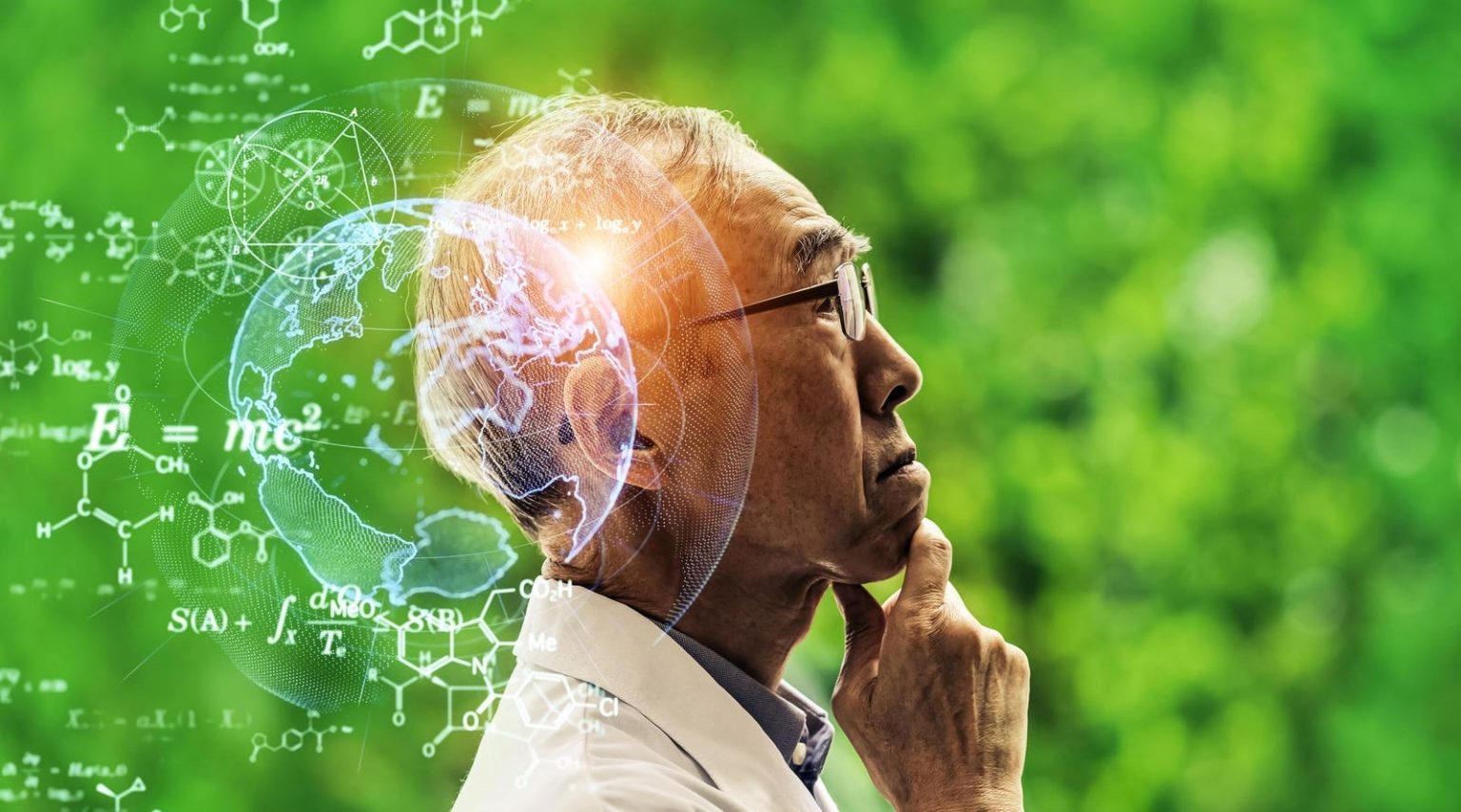Deep Dive into the Intersection of AI and Longevity Science
The field of longevity science is undergoing a transformative acceleration driven by the power of artificial intelligence (AI). Once considered a strategic tool to enhance research capabilities, AI is now emerging as a pivotal force rearranging the ways scientists approach Earth’s longest-lived species. This shift underscores the inevitable rise of AI as a cornerstone of a rapidly evolving discipline focused on longevity.
RF: The Digital Twin Revolution
The cornerstone of this transformation is the introduction of AI-based digital twins. These advanced software assets simulate the biological aging process, offering researchers the potential to conduct preclinical experiments akin to traditional clinical trials, but in a much shorter timeframe. Unlike traditional methods that often require years of waiting, AI enables the creation of precise models that can predict the outcomes of treatments without the time or cost drastically invested. This digital twin not only accelerates development but also opens the door to groundbreaking discoveries that could otherwise take decades.
AI in Biomarker Discovery: Translating Curiosity into Action
Another transformative area is the identification of biomarkers. Researchers use AI to develop predictive models that identify subtle biomarkers linked to biological age, acting as surrogate endpoints in clinical trials. These biomarkers enable scientists to assess the efficacy of interventions almost immediately, without the risk of adverse outcomes or permanent health losses. As AI evolves, it promises to uncover previously undetected biomarkers in complex datasets, making it indispensable for advancing medical research.
AI-Powered Drug Discovery Under Way
AI is also transforming the drug discovery landscape. Traditionally, this process involves the screening of thousands of compounds, often leading to long trial durations. However, AI is redefining this by generating new molecules from scratch, guided by chemical space analysis of vast databases. This capability, combined with tools that simulate protein folding, isset to pave the way for accelerated, efficient drug development. Personalizing treatment is another aspect under scrutiny, where AI models can identify individualized treatment strategies tailored to the unique anatomy, lifestyle, and risks of the patient. Governments are increasingly investing efforts here, with aims to harness public health data for more effective prevention and intervention strategies.
Beyond the Shortening Together: Personalized Longevity Already Makes깰
As AI advances, we anticipate a future where personalized strategies across generations become the norm rather than an exception. Companies developing neuro interfaces and other brain-activated technologies are gaining momentum, as is the exploration of mind uploading as a method of digital immortality. These innovations not only extend human lifespan but also reimagine human welfare in ways that could redefine global health.
The Future of AI in Longevity: Bridging The Gap from Idea to Reality
The future of AI in longevity science is speculative yet intriguing. Farther, maybe the concept of AI creating virtual immortality, through mechanisms like mind uploading, could represent a profound leap in human health. Dr. Christin Glorioso envisions not just longer lifespans but enhanced wellness that integrates seamlessly with our biological systems. As industry leaders gather in Boston, they forty, looking ahead to confirm the potential of AI in overcoming biological limitations and unlocking the full potential of human health, whether by survival or by diminishing suffering.
This discourse underscores the rapid unfolding possibilities of AI’s role in revolutionizing longevity. From enhancing research efficiency to unlocking new vitality strategies, AI, as a unified partnership with biotech and regenerative medicine, is poised to elevate the field of human longevity into a modern global frontier.















